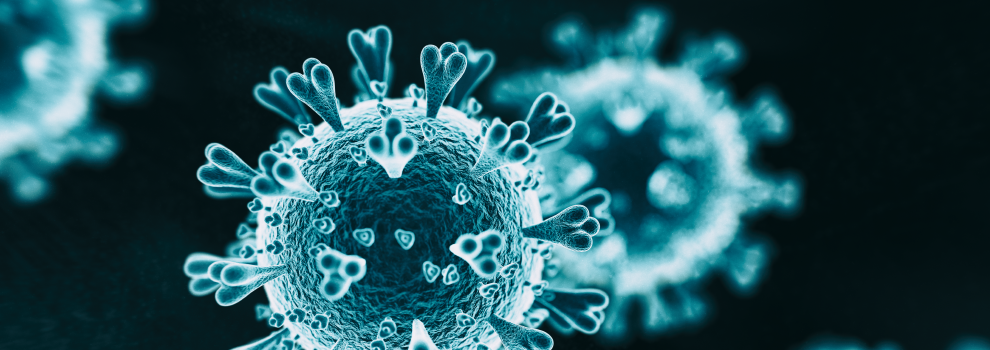Recently, in a research report published in the international journal Nature Communications, scientists from the Oregon Health and Science University found for the first time that a single dose of antibody-based therapy could be effective in preventing HIV transmission from mother to baby, based on a study of newborn non-human primates.
However, when to give a single dose is the key. The study found that after 30 hours of exposure to SHIV (monkey HIV), newborn cynomolgus monkeys receiving the combination of two antibodies will be prevent from being infected with the virus; if treatment is postponed to 48 Hours, it will cause the other half of newborn cynomolgus monkeys to become infected with SHIV because they received the minimum dose of antibody combination therapy. By contrast, newborn macaques receiving standard HIV therapy (antiretroviral drugs) were protected from SHIV infection when a three-week treatment regimen began 48 hours after exposure. One of the study’s author Dr. Nancy Haigwood said that these promising findings may mean that babies born to HIV-positive mothers can effectively fight HIV infection even with fewer treatments.
In this study, researchers found for the first time in non-human primates that receiving a single dose of a broad-spectrum neutralizing antibody after viral exposure could effectively inhibit SHIV infection. Previous studies have shown that receiving four doses of antibody therapy after exposure can inhibit SHIV infection; in this study, all 10 primate pups were not infected with SHIV within 6 months. Both studies used a combination of two antibodies, PGT121 and VRC07-523. Researchers point out that short-term antiretroviral therapy after viral exposure may effectively inhibit HIV transmission to newborns. Babies born to HIV-positive humans will usually receive a combination of drugs for about 6 weeks, followed by HIV test. If the test result is positive, the babies are required taking HIV drugs for life, but the research in this article shows that starting 3 weeks of antiretroviral therapy 48 hours after exposure may make non-human primates not infected with SHIV.
HIV-positive women usually receive antiretroviral treatment during their pregnancy, which can inhibit the transmission of the virus to developing babies, but sometimes HIV transmission between mothers and babies occurs, and offspring from HIV-positive mothers is usually treated by antiretroviral therapy to suppress viral infections. However, these drug mixtures can also produce many side effects, including special drug formulations for newborns. Researchers also worry about the long-term effects of antiretroviral therapy on the development of children.
Antibodies are non-toxic, and they can be modified and exist in the body for a longer period of time, which can reduce the frequency of patient treatment, so researchers want to study to clarify whether alternative or complementary antiretroviral therapies could be found in the offspring of HIV-positive mothers and adult HIV patients. Next, researchers plan to conduct further research to clarify whether different antibodies or combinations of antibodies and antiretroviral therapy can be more effective. They want to determine whether the antibody therapy they are evaluating can eliminate HIV or inhibit HIV replication.
References:
1. Shapiro, M.B., Cheever, T., Malherbe, D.C. et al. Single-dose bNAb cocktail or abbreviated ART post-exposure regimens achieve tight SHIV control without adaptive immunity. Nat Commun 11, 70 (2020) doi:10.1038/s41467-019-13972-y

